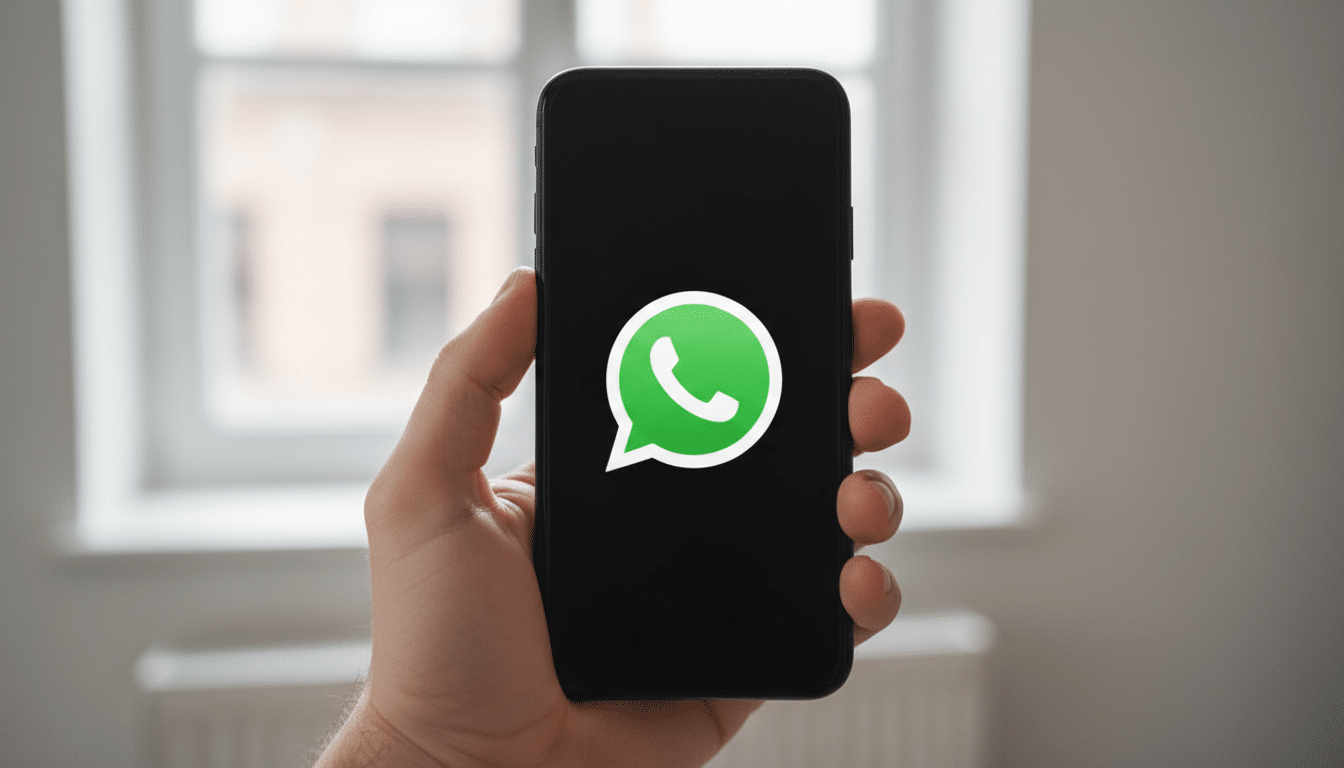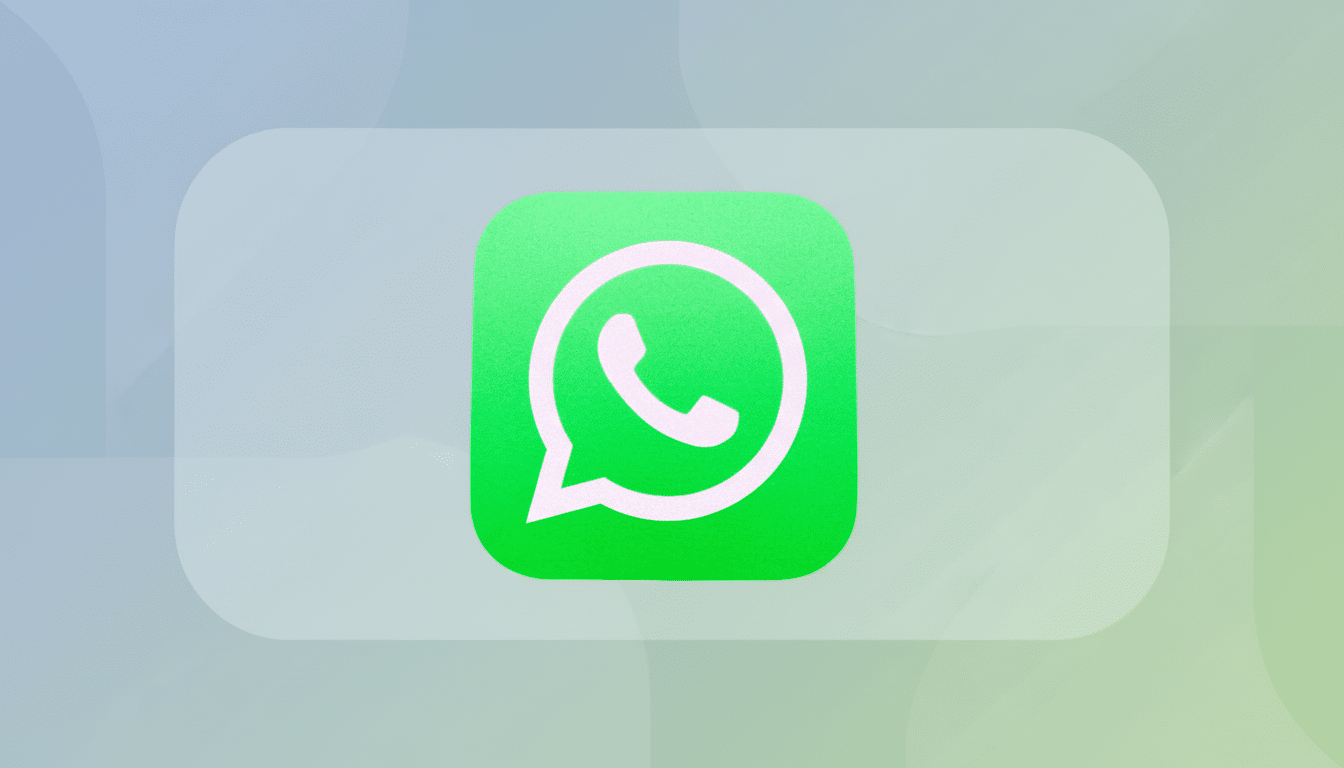For @tech: PayPal introduces a new way to move money: single use transaction links that you can create in the app and share over text, DM, email or any chat
Click the link, pay or request the specific amount, and you’re finished. If the link goes unused within a brief period, it automatically becomes expired and thus fails to clutter up your account or expose you to risk.

How the one-time link works
You can find the feature in the Send/Request tab of the PayPal app. Select “send and request money with a link,” enter an amount, include any optional note, and then generate the URL. Share it through SMS, WhatsApp, iMessage, Instagram DMs or however else you do the conversation. As long as the recipient has opted to enable Payments through Facebook’s bot, they can make a payment without needing to know your username, in either PayPay’s app or on PayPal.com.
Each of these links are made to be fast and one-use. If it sits for 10 days without being touched, it expires. That’s what separates the service from something like a persistent handle or profile link; this is closer to an ephemeral request that you can click off in a few seconds when you need to split a bill, pay a sitter or collect dues for an event at your club.
Why this is everyday for payments
Friction is the nemesis of person-to-person payments. Eliminating steps to find a handle or scan a QR code could decrease drop-off when people are paying while on the move, or across platforms. For freelancers and side hustlers, a one-time link also serves as a lightweight invoice: It’s targeted, it comes with an accompanying note (and context), and it can be tracked easily as paid or outstanding.
The shift is also consistent with how messaging-first commerce already works in many countries. China normalized pay-by-QR inside chat apps with Weixin Pay (WeChat) and Alipay, and India’s NPCI demonstrated the force of standardized, link- and QR-driven flows with UPI, which now processes billions of transactions each month. And worldwide, a new report from the World Bank’s Global Findex reports that 76 percent of adults have an account and digital payments are gaining momentum. A link that keeps the friction at a minimum, allowing users to keep talking in apps they are already on.
Security, privacy and taxes: what to know
Single-use, expiration: These are good design choices—they limit the lifetime of things, mean that stale links aren’t circulated, and help you figure out where requests are floating around. Like any link-based payment, the greatest risk is phishing or lookalike URLs. Better to link only within the official app, verify the name and avatar of your recipient on PayPal’s confirmational screen, and never pay unsolicited requests from unknown senders. While PayPal still treats payment data in accordance with PCI DSS Level 1 guidelines, user caution is necessary.
On the tax front, PayPal says when friends and family are transferring money to each other they aren’t filing 1099-Ks. The reason that line matters is tax-reporting rules distinguish between personal transfers and payments for goods or services. If you are selling or performing work for hire, the platform will still categorize those correctly for reporting purposes according to the I.R.S.

How it stacks up against other ways to pay
Unlike permanent handles like a Cashtag or a profile URL, PayPal’s one-time link is made for the moment: a specific amount, here today and no need to give away a persistent identifier that links you elsewhere. Zelle is designed for bank-to-bank transfers within participating bank apps and doesn’t rely on shareable links; card processors like Stripe offer merchant-focused payment links but are overkill for an everyday settle-up. Which is a happy medium between the casual personal prompt and the full-throttle invoice.
Rollout, cash-in-crypto tie-ins and the bigger network play
The feature is rolling out first in the United States, with plans for it to expand to Britain and Italy as well as other markets. It dovetails with other upgrades that PayPal has previously telegraphed: the company says the ability to transfer crypto is due to be expanded, after it started enabling users in the United States send Bitcoin, Ethereum and its PYUSD stablecoin across PayPal, Venmo and other compatible wallets.
There is also a broader push to do this kind of work interoperably. PayPal has outlined a network-of-networks approach that is intended to tie up major wallets and payment systems from around the world — think Latin America’s Mercado Pago, India’s NPCI International (UPI), China’s Weixin Pay, along with PayPal and Venmo. If those designs come true, lightweight mechanisms like one-time links could act as the connective tissue for cross-platform, cross-border payments without users having to be locked in a single app.
Bottom line
One-time, textable payment links reduce P2P payments down to the basics: a link, a tap and then a confirmation.
They reduce the cognitive load of handles and QR codes, provide sufficient guardrails with auto-expiry, and feel native to the way humans already transact — in chat.
For PayPal, it’s a simple feature with potential to punch above its weight in providing convenience and trust while laying the groundwork for a more integrative payments ecosystem.

